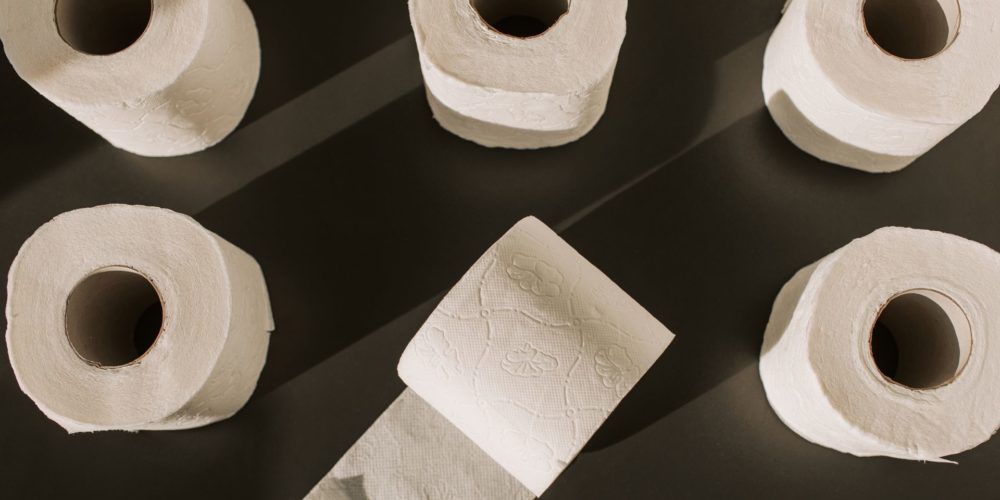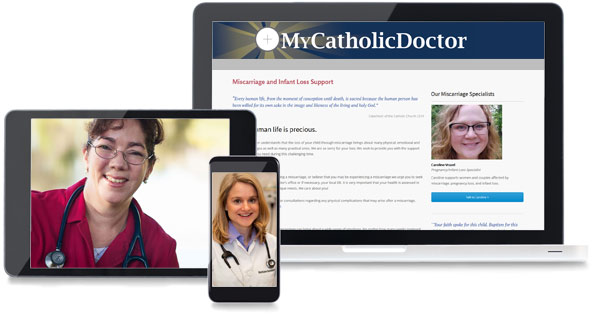Yes, constipation can be treated over telehealth. Your doctor will ask you about your symptoms and can diagnose you from home. Your doctor can recommend treatment and prescribe medication if needed, which can be sent to your local pharmacy.
Sometimes it can be hard to tell the difference between constipation and other more serious causes of abdominal pain. Your telehealth physician can usually help you be sure that you are not experiencing a more serious condition. If needed, your telehealth doctor will order blood, urine or stool tests which you can have done at any local Quest or LabCorp, or a lab of your choice. If you need imaging studies, your doctor can also order them online and you can go to any local imaging center.








